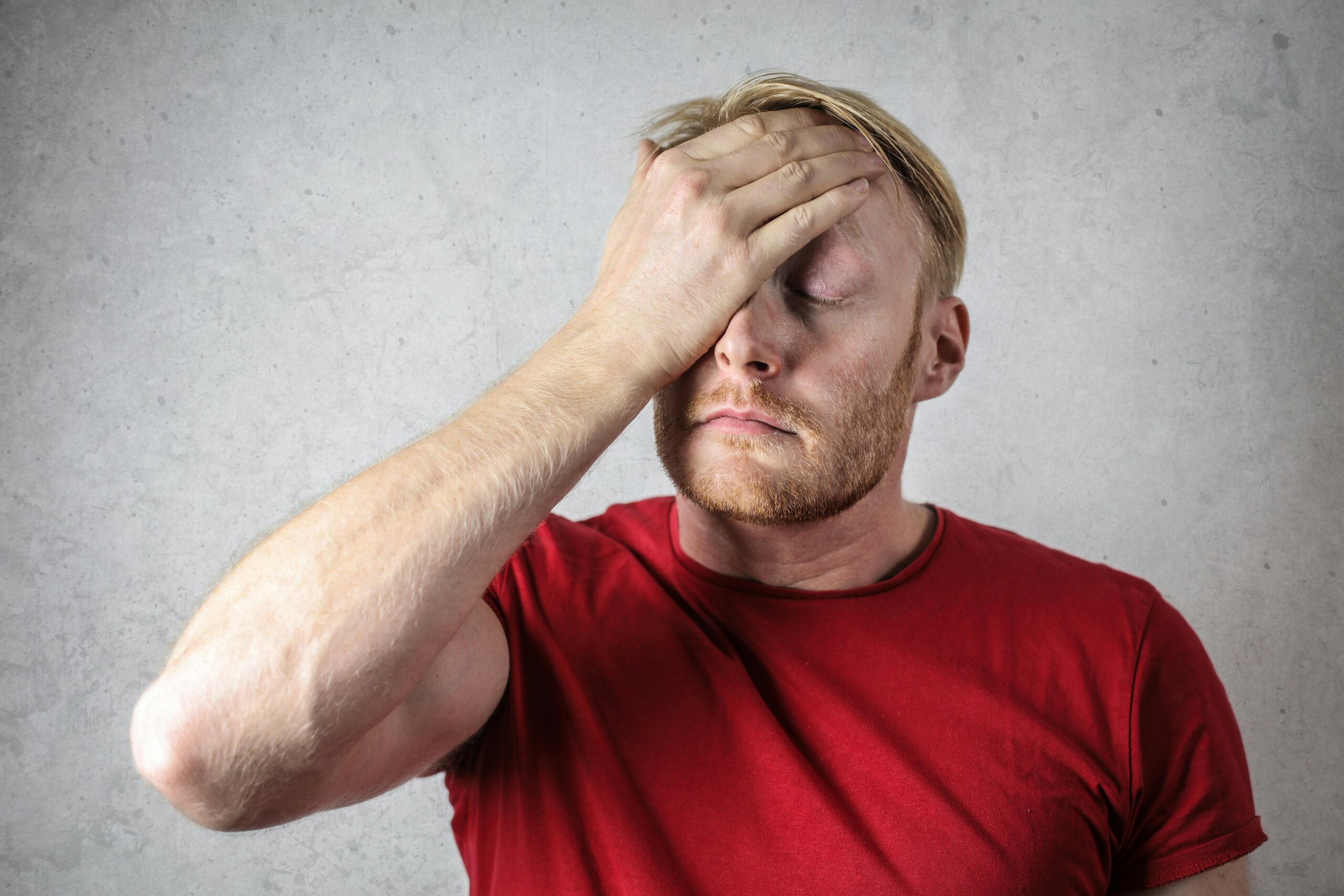Discover the Path to Recovery
and Reclaim Control of Your Life
Break Free from
Opiate Addiction
With the right treatment and support, recovery is within reach. Let us guide you toward lasting freedom—one step at a time.
Get Help Today

Understanding Opiate Addiction
Opiate addiction is a chronic disorder characterized by the compulsive use of opioid drugs despite harmful consequences. These substances, derived from the opium poppy or synthetically produced, are commonly used to manage pain but can also produce feelings of euphoria. Prolonged use or misuse of opiates, such as prescription painkillers (e.g., oxycodone, hydrocodone) or illegal drugs like heroin, can lead to physical dependence and addiction. Addiction disrupts brain chemistry, affecting decision-making, emotional regulation, and reward systems, making it challenging to quit without support. Understanding addiction involves recognizing its biological, psychological, and social factors, enabling effective prevention and treatment strategies.
What is Opiate Addiction?
Opiate addiction is a dependency on opioids, causing cravings and loss of control. It alters brain chemistry and often requires treatment.
Who is at Risk?
People at risk of opiate addiction include those with chronic pain, mental health issues, a family history of addiction, past substance abuse, or exposure to high-stress environments.
The Effects of
Opiate Addiction
Opiate addiction impacts physical health, mental well-being, and daily life, causing dependence, withdrawal, impaired decision-making, and social challenges. It often requires comprehensive treatment to overcome.

Physical Effects:
Drowsiness or sedation
Slowed breathing (respiratory depression)
Nausea and vomiting
Constipation
Reduced pain sensation
Muscle aches and cramps (during withdrawal)
Dilated or pinpoint pupils
Heart rate irregularities
Weak immune function
Risk of overdose and organ damage

Psychological Effects:
Intense cravings
Anxiety and depression
Mood swings
Irritability and agitation
Impaired judgment and decision-making
Memory problems
Difficulty concentrating
Loss of interest in activities
Paranoia or hallucinations (in severe cases)
Increased risk of mental health disorders
Opiate Addiction
Treatment Program
Detoxification
Medically supervised withdrawal to manage symptoms safely.
Medication-Assisted Treatment (MAT)
Offers peer encouragement and shared experiences, like Marijuana Anonymous.
Behavioral Therapy
Counseling approaches like cognitive-behavioral therapy (CBT) to address underlying behaviors and thought patterns.
Support Groups
Peer-based programs such as Narcotics Anonymous (NA) for community support and accountability
Inpatient or Outpatient Rehab
Structured treatment programs depending on the severity of the addiction.
Aftercare Planning
Ongoing support through therapy, group meetings, or recovery coaching to prevent relapse.

Take Action: Your Recovery Starts Today
Help is here, and recovery is possible. Don’t let opiate addiction control your life. At Bliss Recovery LA, our compassionate experts are ready to guide you every step of the way.
